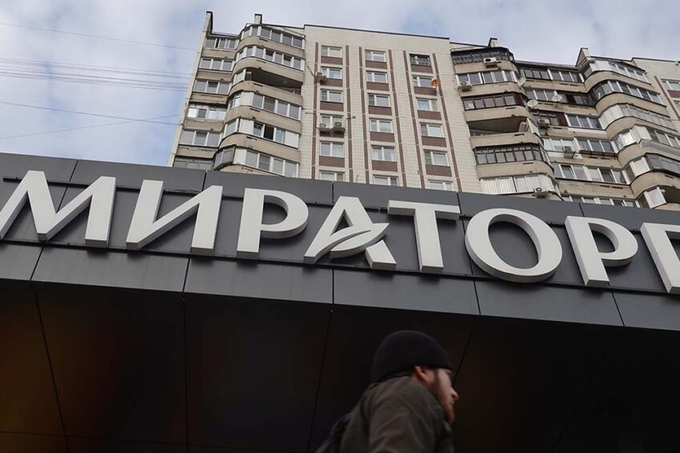November 26, 2025 | 15:46 GMT +7
November 26, 2025 | 15:46 GMT +7
Hotline: 0913.378.918
November 26, 2025 | 15:46 GMT +7
Hotline: 0913.378.918

Green light to export pork to China was granted to Miratorg, Velokoluksky Meat Processing Plant and RusAgro. Photo: ANP
RusAgro, a large Russian pig producer, scheduled to deliver the first pork to China in March 2024, Agroexport reported. The first contracts with local customers have already been signed. In addition, the green light to export pork to China was granted to Miratorg and Velokoluksky Meat Processing Plant. “The access procedure has been completed. Deliveries can begin as early as tomorrow,” the Russian Union of Pork Producers (RUPP) said in a statement on February 28.
The number of pig companies certified for export to China will grow, Yuri Kovalev, RUPP chairman, said. In the long run, Russia could export around 200,000 tonnes of pork per year to China. It will take time for the exports to get into full gear.
Russian pig companies will experiment with different supply schemes and settlement options this year. In this light, if 15,000 to 25,000 tonnes of pork land on the Chinese market by the end of the year, it will be a good start, Kovalev said.
The Russian and Chinese authorities sorted out the technical details pertaining to the pork exports in record time. In early January, Russian deputy prime minister Victoria Abramchenko forecasted that the first batches of Russian pork would be sent to China in the middle of 2024. She explained that certain details, like the forms of the veterinary certificates, were yet to be firmed out.
However, a few weeks later, the Russian press reported that as the negotiations on the technical issues proceeded apace, the deliveries were expected to begin ahead of the original schedule. Miratorg praised the Russian government’s efforts to open the Chinese market for Russian farms.
The opening of the Chinese market for Russian pork and the subsequent registration of producers should be considered a remarkable achievement in the work of the Russian government, the Ministry of Agriculture, Rosselkhoznadzor and Miratorg stressed.
“This is an important signal to investors that they need to scale up investments in the construction of new capacities. In the coming years, China will import at least 2-3 million tonnes of pork per year. And to ensure large volumes of supplies from Russia and at the same time not forget about the Russian consumer, we need to continue to build pig farms and slaughterhouses,” Miratorg said.
(PP)

(VAN) A new study reveals how the simultaneous effects of ocean acidification, salinity and loss of oxygen are making the world more fragile.

(VAN) Hopes are growing that the creation of the first 3D turkey gut model could be a turning point in the battle against the virulent blackhead disease.

(VAN) Tyson, America’s biggest meat supplier, plans to shutter one of its largest beef processing plants as the industry continues to struggle with low cattle supplies and political pressure from Washington.

(VAN) New FAO study shows how digital solutions are empowering farmers and fishers to prevent losses and build resilient agrifood systems.

(VAN) Brazil's COP30 presidency pushed through a compromise climate deal on Saturday that would boost finance for poor nations coping with global warming but that omitted any mention of the fossil fuels driving it.

(VAN) Poultry farmers in the UK have been warned that they could face one of the worst winters yet for bird flu.

(VAN) Prices of main-crop paddy have risen sharply, with jasmine rice hitting 16,100 baht per tonne — the highest level in years.